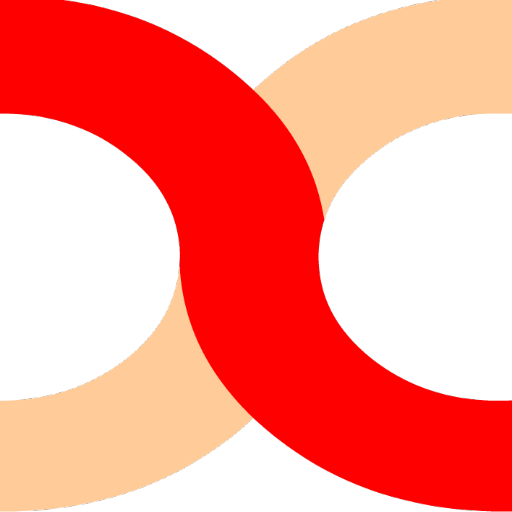call: Unbounded Unleashed Unforgiving; Reconsidering Cyberfeminism In 2021
Deadline:1 January 2021
Call for entries
Open Call For Art: Unbounded Unleashed Unforgiving; Reconsidering Cyberfeminism In 2021
Exhibit Dates: February 10, 2021 @ CAA Conference and online via New Art.City
Deadline to Enter: 1/1/21
Entry Fee: FREE
Eligibility: Open to all artists 18+
All media will be considered but must be able to be presented or performed digitally. Preference given to the following forms: new media, digital art, queer art, feminist art, activist based art, performance art, work that incorporates the archive, speculative fiction/design, digital nonfiction, live stream performance, gif, video, 3D models, net art, digital photographs, digital collage, sound art, etc.
DESCRIPTION
The New Media Caucus seeks artists’ work for the 2021 College Art Association Media Lounge. Works affiliated with this panel will be installed virtually via New Art.City, and selected artists will be asked to give short accompanying artist talks virtually on February 10th at 6:00 PM (EST).
We are seeking work that responds to the t itle “Unbounded Unleashed Unforgiving; Reconsidering Cyberfeminism in 2021.” This return to the term cyberfeminism, is an attempt to reconsider it, in an age of never offline. Instead of focusing on cyberfeminism from a historical perspective, we question the multiple ways in which artists and scholars are engaging in contemporary methods of cyberfeminism as practice.
NARRATIVE
VNS Matrix’ The Cyberfeminist Manifesto for the 21st Century first oozed into our collective consciousness 30 years ago, demanding inclusivity by way of viscera within a techno-chauvinist culture. Similarly, Donna Haraway’s 1985 essay, A Cyborg Manifesto presciently considers the increasingly porous nature of virtuality and physicality, and how that porousness affects identity for users online and off. Cyberfeminist’s original ideas proposed how technology could “un-gender†us, but in doing so this effort often erased disabled, queer, nonbinary, and trans* bodies, and fail ed to acknowledge different forms of embodiment and disembodiment.
These works and their many responses (Faith Wildling’s 1998 essay Where is The Feminism in Cyberfeminism notable amongst them) have come to define scholarship and discussion on the topic of cyberfeminism ever since. Most recently, in #GLITCHFEMINISM, Legacy Russell describes the body as one that “is abstract, and inconceivably vast.†As a glitch feminist, she wants “to make abstract again that which has been forced into uncomfortable and ill-defined digital material.†“The glitch is a tool: it is socio-cultural malware,†Russell writes. Jillian Weise rethinks the cyborg as a tryborg, “a nondisabled person who has no fundamental
This exhibition and panel will focus on the contemporary intersectionalities that play a vital role in attempting to understand and reclaim cyberfeminism. Through digital tools – like memes, avatars, video, social media performativity, manifestos, and an acknowledgment of marketplace feminism – we hope to raise various questions related to the intersections of feminism, the body, and technology. We are also particularly interested in discussing methods of world-building outside of imperiality, capitalism, binary, and white patriarchal narratives.
Some questions to consider are:
How can the body be technology?
How is technology forming future bodies and ideas of embodiment?
How do bodies interfere with narrative?
What is a “rebel body,†and how is it formed or tamed?
How are physical, digital, and/or virtual ‘bodies’ translated across physical, digital, and/or virtual spaces?
How does widespread identity performance online affect intersectionality?
Questions or for more information contact: unboundedunleashed@gmail.com
https://netex.nmartproject.net/?p=10755https://netex.nmartproject.net/wp-content/uploads/2017/08/ca-fo-ent-17-1024x461.pnghttps://netex.nmartproject.net/wp-content/uploads/2017/08/ca-fo-ent-17-300x300.pngcalls: generalconferenceDeadline:1 January 2021 Call for entries Open Call For Art: Unbounded Unleashed Unforgiving; Reconsidering Cyberfeminism In 2021 Exhibit Dates: February 10, 2021 @ CAA Conference and online via New Art.City Deadline to Enter: 1/1/21 Entry Fee: FREE Eligibility: Open to all artists 18+ All media will be considered but must be able to be presented or...netty artvideokoeln@gmail.comAdministratornetEX - calls & deadlines
